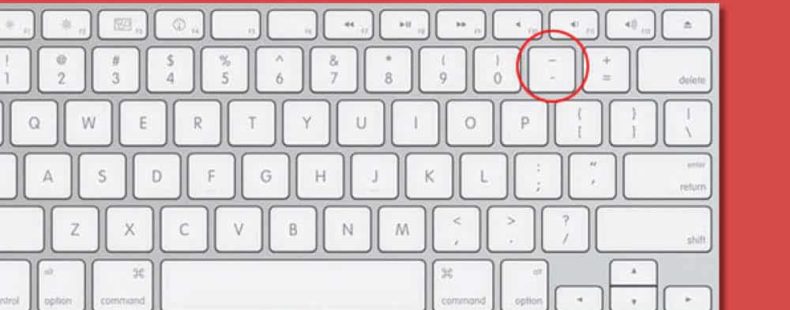The shortest of the dashes, hyphens (–) link words and parts of words. They can connect prefixes or break up a word at the end of a line of text. They can also combine two or more words that describe a noun. For example, in George Orwell’s 1984, hyphenated words help create unusual descriptive phrases: “He felt deeply drawn to him, and not solely because he was intrigued by the contrast between O’Brien’s urbane manner and his prize–fighter’s physique.”
Age and numbers
When you write out a number in words, you should use hyphens to show a link between the number words (e.g. “There are ninety–nine people invited.”). You should also use hyphens when writing out someone’s age, as in “I have a 13–year–old son.”
Creating compound verbs
You can use a hyphen to join two nouns, making a compound verb. Some examples of hyphenated compound verbs include ice-skate, window-shop, and air-condition.
Creating compound adjectives
Joining a noun with an adjective, a noun with a participle, or an adjective with a participle creates a compound adjective. A participle is a word formed from a verb and used as an adjective (e.g. “burned toast”) or used as a noun (e.g. “good breeding“).
Some examples of hyphenated compound adjectives are sugar-free, custom-built, and good-looking.
Connecting prefixes
These days, most prefixes aren’t hyphenated, but it’s important to do when the meaning of a word is uncertain. For instance, when a hyphen is used in re-cover, the word means “to put a cover something again.” This helps avoid confusion with recover, which means “to get well.”
Hyphens are especially useful if the prefix ends in a vowel and the word being modified starts with a vowel. Some examples of this include co-own and co-opt.
Hyphens showing word breaks
When the end of a line comes in the middle of a word, you can use a hyphen to divide it in a way it normally wouldn’t be. It’s important to place the hyphen at a point in the word that won’t lead to confusion or misunderstandings. For instance, if the word dislocate needs to be split, the hyphen should come at a syllable break, becoming dis-locate.














